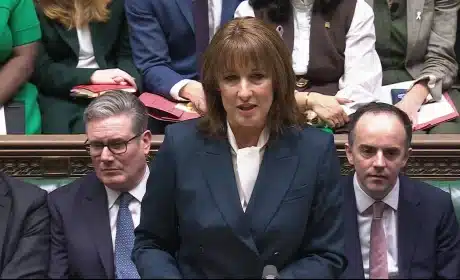A landlord’s guide to deposit deductions
7th August 2019

Returning deposits can be a daunting task but never fear, our finance team have shared their in depth knowledge and wealth of experience to help you avoid the common pitfalls of deposit deductions.
First things first, in order to make deposit deductions you must;
- Outline in the tenancy agreement what you can claim for. This would typically be for outstanding rent, general maintenance or repairs required to the property beyond what is deemed to be fair wear and tear.
- Protect the deposit. The deposit must be registered with one of the deposit protection schemes within 30 days of receiving any funds towards the deposit.
- Instruct a trusted (and ideally accredited) third party inventory company to construct an inventory at the start of the tenancy, as well as a check out at the end of the tenancy. This will give you solid foundations to provide evidence at the end of the tenancy if you need to make deductions.
Next, it is very important to understand what you can’t make deductions for. As a landlord you cannot benefit from making deductions from a tenants deposit, this is known as betterment. Deposit deductions should only reimburse for any loss suffered in order to put the property back to the same condition it was originally. For example, you could not replace a standard spring mattress with an orthopedic memory foam mattress and charge the tenants for the replacement, you would only ever be able to make a deduction for the cost of the original mattress, taking into consideration fair wear and tear. Which brings us to our next point;
Landlords must allow for fair wear and tear. Fair wear and tear is based on the following factors.
- The number and age of occupants in the property
- The length of tenancy
- The age and condition of items at the start of the tenancy
- The reasonable usage and expected lifespan of the item
In the event of damage to a property there are three courses of action available.
- Cleaning or Repair. If something is dirty, damaged or broken and can be cleaned or mended, the tenant would be expected to pay for the full reasonable cost of the work to bring it back to the standard of when they moved in.
- Compensation for Reduction in Value of an Item. Landlords can charge for small damages to large items i.e. a burn mark on a carpet. A reasonable charge can be applied to contribute towards the replacement cost. This known as an apportionment charge and would usually be between £5-£50 dependent on the item and damage. You are entitled replace the item if you wish, but you cannot then charge the tenant any more than the apportionment charge.
- Replacement of Severely Damaged Items. If an item so badly spoiled that it needs to be replaced, the landlord still cannot charge the tenant for the full cost of replacement. This must be worked out on a sliding scale based on the life expectancy of the item compared with the actual age of the item. Did you know, this also includes items that were new at the start of a 12 month tenancy, as this item is now effectively a year old and so this must be taken into consideration when making a charge.
Landlords who do not keep sufficient records of evidence, are unclear of the rules in deposit deductions or who are unwilling to compromise in order to come to an amicable solution are more likely to end in the tenants raising a dispute; Causing more work and potentially financial loss for their time.
Last year, we had a tiny handful of 6 deposits result in dispute. Of the disputed amount 66% was awarded to the landlord, nearly double the national average of only 36%. Our finance team have years of experience and are thoroughly trained to ensure deductions are fair, while ensuring our landlords aren’t out of pocket.

Budget Summary at a Glance
26th November 2025
A chaotic start with early publication from the OBR, but here’s what actually matters from today’s fiscal plan: Budget Summary…

Budget Chaos and What It Means for Brighton & Hove Landlords
26th November 2025
Well that was interesting! Today’s Budget took an unexpected twist when the details were released in full and online by…

Renter’s Rights Bill receives Royal Assent: What landlords need to know
28th October 2025
RRB has since received Royal Assent after this article was published. Just over a year since it was first brought…